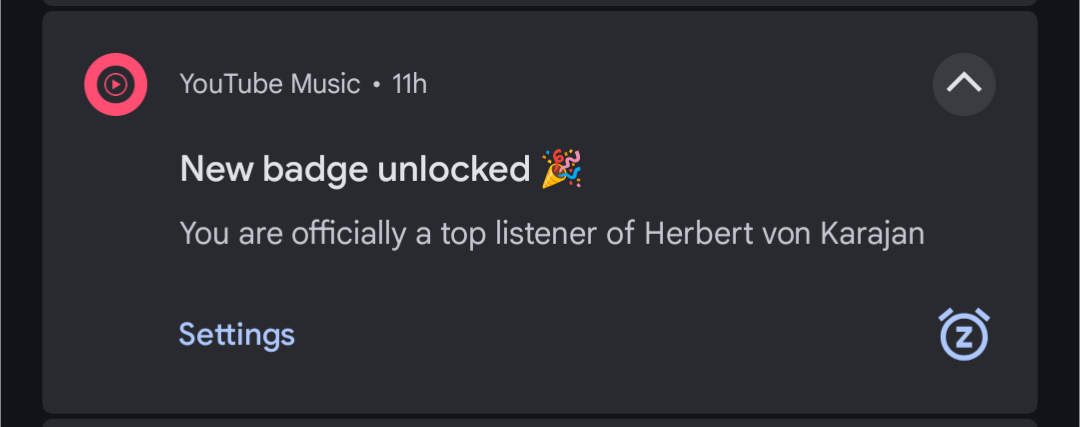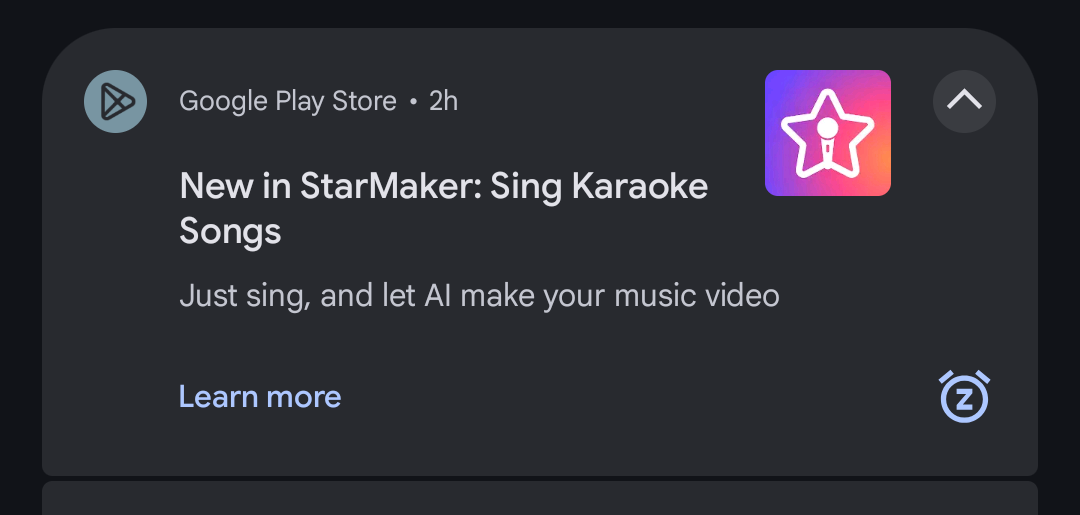😅
Born in Buenos Aires in 1968, studied biology in the UBA, dedicated father and husband, works in research and design of complex socio-technological systems.
I feel like every time I click over to the bonfire tab, it's just.... showing the flames loading animation and not showing me people interacting.
and I am very impatient so I seldom wait or refresh until I get people.
Remember when #Google acted with more dignity and consideration?
How many batmans of water does the [[Batman river]] contain on average, I wonder?
https://en.wikipedia.org/wiki/Batman_River
https://en.wikipedia.org/wiki/Batman_(unit)
If you want to help spread #Hyphanet, feel free to share this announcement with anyone who might be interested and boost the announcements on social networking and news sites:
reddit post for 1503: https://www.reddit.com/r/Freenet/comments/1meg3hp/freenet_hyphanet_build_15021503_fix_vulnerability/
hacker news post: https://news.ycombinator.com/item?id=44751198
bluesky post: https://bsky.app/profile/hyphanet.bsky.social/post/3lvcayfuslc2e
mastodon toot: https://floss.social/@Freenet/114950375474028948
Twitter/X post: https://x.com/HyphaNet/status/1951059839183909134
Hyphanet - protecting #privacy since 1999.
Freenet / Hyphanet build 1502/1503: fix vulnerability and visibility, add animated webp, convenience, and optimization
1502 fixed an inserter tracing vulnerability and added several features, 1503 fixes regressions in 1502.
- fix vulnerability
- reduce visibility on the network
- support animated webp and more modern HTML and CSS
- enable direct linking to Freemail’s “New Message” page
- dismiss alerts and convenience
- substantial routing optimizations
- bug fixes
Remember when “social media” was “social networking”?
What changed? That second word: media. It’s all about capturing your attention and selling you stuff.
Humans are social and want to connect with one another. That’s what makes the #fediverse special to me - authentic connection. We haven’t forgotten the social part.
My definition of social networking is: Any direct and indirect human interaction between people.
Social media then is a particular set of social networking use cases where people publish content to other people to interact with in a variety of ways.
I don't think this is about porn.
That is just the cover story for this attempt to shut down sites that are used by young people for a whole host of "content violations"
These are the same people who think "China" is manipulating twitter to make the youth left wing.
2/2
If you wanted to push towards knowing which people have which political and social opinions, this is exactly how you’d start. If you want to suppress dissent by making sure that everyone online is strongly identified, this is how you’d start.
People use passive language when talking about the genocide in Gaza. Israel and Netanyahu are "letting Gaza starve", as if starvation is the natural state for humans. It's not. Naturally, humans in Palestine eat and trade and thrive, as they have for 10000 years. This famine is engineered; 60 years of occupation and siege, 2 years of total war on civilians, and murderous policy. It's no more "letting" starvation happen than choking a human being is "letting" them stop breathing.
If you engage in denialism, whataboutism or grasping at straws for justification for the mass killings and engineered famine in Gaza, just do us both a favor and block me right now.
I don't think this is about porn.
That is just the cover story for this attempt to shut down sites that are used by young people for a whole host of "content violations"
These are the same people who think "China" is manipulating twitter to make the youth left wing.
2/2
Does anyone know if there are lobbying groups or any actors pushing this? Who are they?
No one likes it but we all just assume some faceless prudes did this... but they are innocent this time.
Who is excited and happy about these useless new rules?
I don't think this is about porn.
That is just the cover story for this attempt to shut down sites that are used by young people for a whole host of "content violations"
These are the same people who think "China" is manipulating twitter to make the youth left wing.
2/2
I was reading about the "new wave of child protection laws" and suddenly the reason this issue has been nagging at me came into sharp focus.
The religious right? The people who normally get worked up about online safety are NOT the ones pushing for these laws.
And isn't that odd?
Why are we seeing a near global wave of "online safety" laws, but nobody is lobbying for it?
Or rather? Why don't I know who is lobbying for this? Why are they invisible?
1/
Go go go
Code!
Write!
#Practice!



